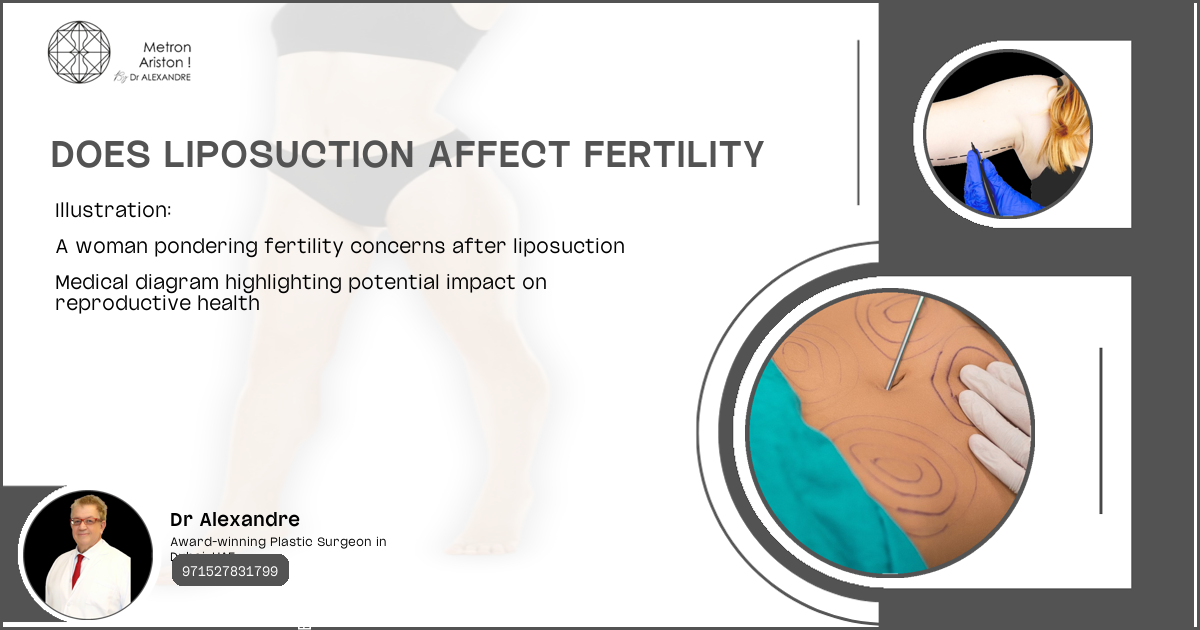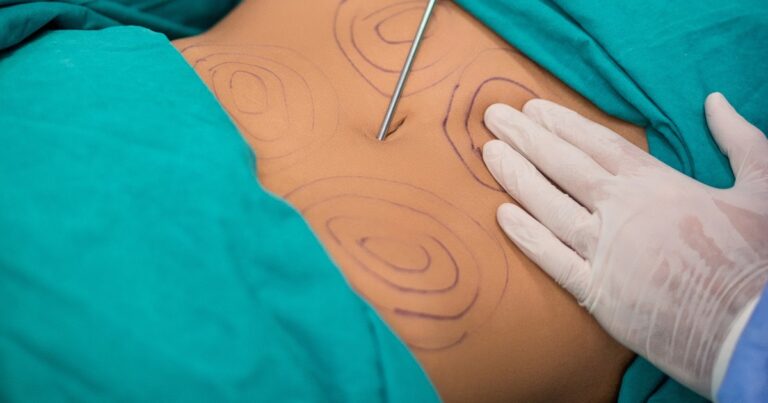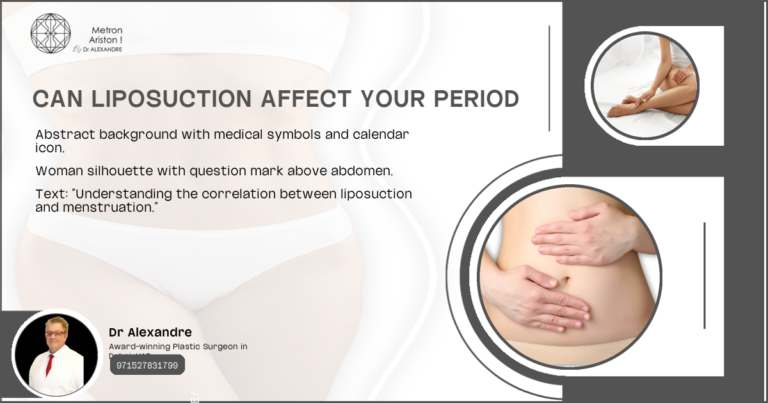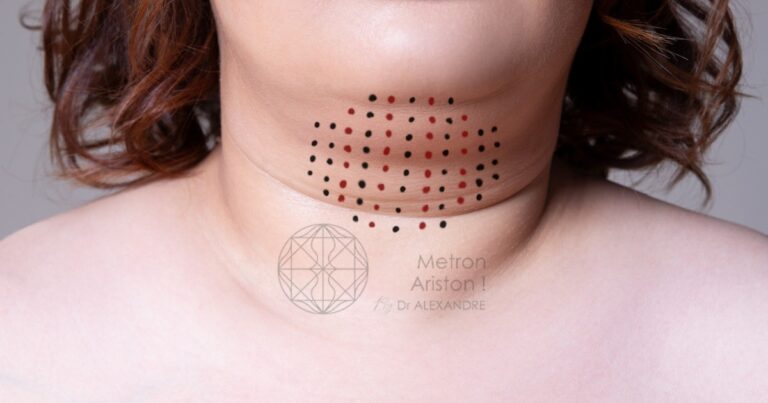Does Liposuction Affect Fertility
Liposuction is a popular cosmetic procedure for removing excess fat from specific body areas. While many people opt for liposuction to enhance their appearance, questions often arise about its impact on fertility. Can liposuction affect fertility? Does it affect fertility? This article delves into these questions, exploring the relationship between liposuction and reproductive health.
Understanding the Relationship Between Liposuction and Reproductive Health
Liposuction primarily targets fat cells, but its effects on reproductive health are not straightforward. The procedure itself does not directly interfere with reproductive organs. However, the removal of fat can influence hormonal balance, which plays a crucial role in fertility.
Potential Impacts on Hormonal Balance
Fat cells produce estrogen, a hormone essential for reproductive health. Removing a significant amount of fat can lead to a decrease in estrogen levels, potentially affecting menstrual cycles and ovulation.
- Estrogen Production : Fat cells contribute to estrogen production.
- Menstrual Cycle : Changes in estrogen levels can disrupt menstrual cycles.
- Ovulation : Lower estrogen levels may impact ovulation.
How does Liposuction work?
Liposuction involves the use of a suction technique to remove fat from specific areas of the body. A small incision is made, and a thin tube called a cannula is inserted to suction out the fat.
Target Areas for Fat Removal
Common areas for liposuction include the abdomen, thighs, buttocks, arms, and neck. The procedure is tailored to the individual’s needs and goals.
- Abdomen : Popular for removing stubborn belly fat.
- Thighs : Targets inner and outer thigh fat.
- Buttocks : Enhances the shape and contour of the buttocks.
- Arms : Removes excess fat from the upper arms.
- Neck : Reduces fat under the chin and around the neck.
Fertility Considerations Before Undergoing Liposuction
Importance of Discussing Fertility Goals with Dr. Alexandre
Before undergoing liposuction, it’s crucial to discuss your fertility goals with a healthcare provider like Dr. Alexandre. This ensures that you make an informed decision that aligns with your reproductive plans.
Timing Liposuction Around Family Planning
If you plan to conceive in the near future, timing your liposuction procedure is essential. It’s advisable to complete your family planning before undergoing liposuction to avoid any potential complications.
- Consultation : Discuss fertility goals with your doctor.
- Family Planning : Consider timing the procedure around your reproductive plans.
- Informed Decision : Make a decision that aligns with your long-term goals.
Hormonal Changes After Liposuction
Effects on Estrogen Production
Liposuction can reduce fat cells, which in turn may decrease estrogen production. This hormonal change can have various effects on reproductive health.
Potential Impact on Menstrual Cycle
Changes in estrogen levels can disrupt the regularity of menstrual cycles, potentially affecting fertility. It’s essential to monitor any changes in your menstrual cycle after the procedure.
- Estrogen Reduction : A decrease in fat cells can lower estrogen levels.
- Menstrual Irregularities : Changes in menstrual cycle regularity.
- Fertility Monitoring : Keep track of any changes in your cycle.
Recovery Period and Fertility
Recommended Waiting Time Before Trying to Conceive
After undergoing liposuction, it’s advisable to wait for a certain period before trying to conceive. This allows your body to heal and ensures optimal reproductive health.
Importance of Proper Healing for Reproductive Health
Proper healing is crucial for maintaining reproductive health. Follow your doctor’s recommendations for post-operative care to ensure a smooth recovery.
- Waiting Period : Allow time for your body to heal before conceiving.
- Post-Operative Care : Follow your doctor’s recommendations.
- Reproductive Health : Ensure proper healing for optimal fertility.
Alternatives to Liposuction for Fertility-Conscious Individuals
Non-Invasive Fat Reduction Methods
For those concerned about the impact of liposuction on fertility, non-invasive fat reduction methods offer an alternative. These methods include treatments like CoolSculpting and laser therapy.
Lifestyle Changes to Improve Fertility and Body Composition
Adopting a healthy lifestyle can improve both fertility and body composition. Regular exercise, a balanced diet, and maintaining a healthy weight are essential.
- CoolSculpting : Non-invasive fat reduction method.
- Laser Therapy : Another non-invasive option.
- Healthy Lifestyle : Regular exercise and a balanced diet.
Long-Term Effects of Liposuction on Reproductive Health
Follow-Up Studies on Fertility Post-Liposuction
Long-term studies on fertility post-liposuction are limited. However, ongoing research aims to understand the potential long-term effects of the procedure on reproductive health.
Monitoring Hormonal Changes Over Time
It’s essential to monitor hormonal changes over time after undergoing liposuction. Regular check-ups with your healthcare provider can help ensure optimal reproductive health.
- Long-Term Studies : Ongoing research on fertility post-liposuction.
- Hormonal Monitoring : Regular check-ups with your healthcare provider.
- Reproductive Health : Ensure optimal long-term health.
Expert Opinions on Liposuction and Fertility
Insights from Reproductive Endocrinologists
Reproductive endocrinologists provide valuable insights into the relationship between liposuction and fertility. Their expertise can help individuals make informed decisions about the procedure.
Dr. Alexandre’s Perspective on Balancing Cosmetic Goals and Fertility
Dr. Alexandre emphasizes the importance of balancing cosmetic goals with fertility considerations. Consulting with a healthcare provider ensures that you make an informed decision that aligns with your long-term goals.
- Expert Insights : Valuable information from reproductive endocrinologists.
- Balanced Approach : Consider both cosmetic and fertility goals.
- Informed Decision : Consult with a healthcare provider.
Making an Informed Decision
Weighing the Pros and Cons of Liposuction for Fertility-Conscious Patients
Before undergoing liposuction, it’s essential to weigh the pros and cons, especially if you are fertility-conscious. Consider the potential impact on reproductive health and discuss your concerns with a healthcare provider.
Importance of Personalized Medical Advice
Personalized medical advice is crucial for making an informed decision about liposuction. Consult with a healthcare provider to ensure that the procedure aligns with your long-term goals and reproductive plans. Liposuction hernia risk Getting liposuction can sometimes make your belly muscles weak which might cause a hernia where your insides push through the muscle wall
- Pros and Cons : Weigh the benefits and potential risks.
- Personalized Advice : Consult with a healthcare provider.
- Informed Decision : Ensure the procedure aligns with your goals.
FAQ’s
Can Liposuction Cause Infertility?
Liposuction does not directly cause infertility. However, significant changes in body composition and hormonal balance can potentially impact reproductive health. It’s essential to discuss any concerns with your healthcare provider.
How Long After Liposuction Can You Try to Get Pregnant?
It’s generally recommended to wait at least six months after liposuction before trying to conceive. This allows your body to heal and ensures optimal reproductive health. Consult your doctor for personalized advice.
Does Liposuction Affect Hormone Levels?
Liposuction can affect hormone levels, particularly estrogen. The removal of fat cells can lead to a decrease in estrogen production, which may impact menstrual cycles and fertility. Monitoring hormonal changes is essential.
Can Liposuction Improve Fertility in Some Cases?
In some cases, liposuction may improve fertility by helping individuals achieve a healthier body weight. Maintaining an optimal body weight is crucial for reproductive health. However, this varies from person to person.
Stats
- According to a study published in the Journal of Clinical Endocrinology & Metabolism, women who underwent liposuction experienced a 20% decrease in circulating estrogen levels. (Source: Journal of Clinical Endocrinology & Metabolism )
- The American Society of Plastic Surgeons reports that approximately 265,000 liposuction procedures were performed in 2019. (Source: American Society of Plastic Surgeons )
- Research from the National Institutes of Health suggests that a BMI between 18.5 and 24.9 is optimal for fertility. (Source: National Institutes of Health )
By understanding the potential impacts of liposuction on fertility and consulting with healthcare providers, individuals can make informed decisions that align with their cosmetic and reproductive goals.








